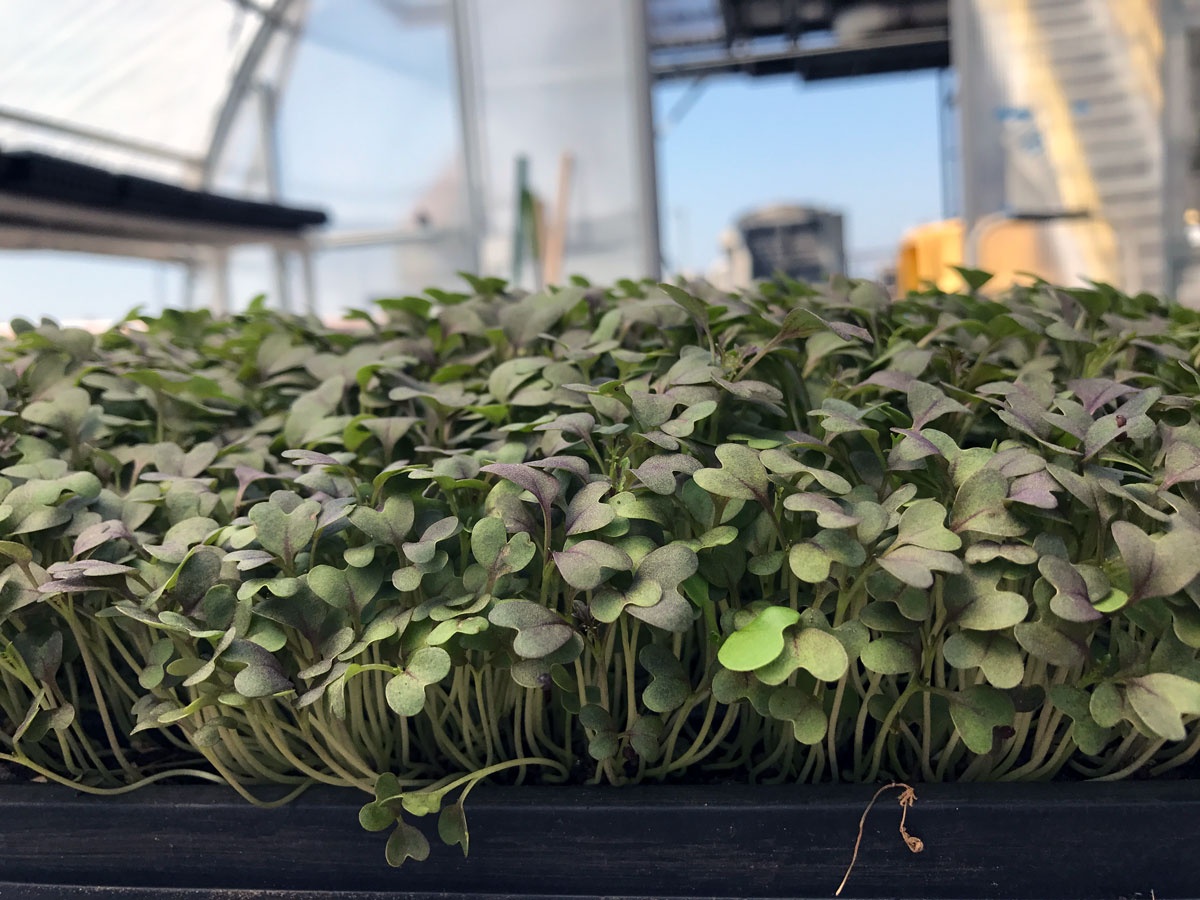The Heart of Agriculture: Hmong Farmers
As Asian American and Pacific Islander Heritage Month (AAPI) comes to an end, we recognize a critical piece of Minnesota’s farming community. The Hmong community has a rich agricultural heritage that has followed them from Laos and Thailand to the plains of Minnesota. Local Hmong farmers are responsible for much of the fresh produce and flowers available at our neighborhood farmers markets. Without their contributions, local markets would see less small-scale sustainable farming, affordable fresh produce, and culturally relevant foods. Despite this, many Hmong farmers and other farmers of color face disadvantages and struggle to find their footing among an agricultural system built for generations around White farmers.
Bridging Barriers
The Hmong American Farmers Association (HAFA) is a nonprofit formed in 2011 by a group of Hmong American farming families to support Hmong farmers through community engagement and advocacy. It focuses on removing historical barriers farmers face, such as land access, economic support, and training programs.
Last fall, HAFA made a historic purchase of over 155 acres of farmland in Dakota County. This milestone is the first Hmong-owned and operated farm in the United States. The land supports over 100 Hmong farmers with a variety of crops. By gaining land access, HAFA is building generational wealth for the Hmong community that will support a brighter future for agriculture.
Increasing Land Access
The 2023 Minnesota state House and Senate agriculture committees made instrumental investments in agriculture programs. The legislation increased funding for the Down Payment Assistance Grant Program, the Soil Health Financial Assistance Program that was piloted last year, and tripled funding for the Emerging Farmers Office, which began in 2022.
According to the Emerging Farmers’ Working Group Legislative Report, an emerging farmer “encompasses both those individuals who are entirely new to farming as well as those individuals who have been farming for generations but were outside the scope of traditional state and federal agricultural support programs.” Big River Farms, a subset of The Food Group, has an incubator farm in Marine on Saint Croix. Many of the farmers on the 150 shared acres are immigrant and BIPOC farmers, and these emerging farmers share tools, choose what they grow, and how much land they get started on.
Roots Return Heritage Farm in Carver County will be implementing a land share with The Food Group as an extension of their Big River Farms training program. This will allow farmers to use the farm’s equipment and land to grow independently and receive mentorship to develop farming skills. Roots Return founder Lori Cox has advocated for and implemented conservation farming practices on her farm for several years. When asked which policy will impact Asian American Pacific Islanders farmers the most, she said without a doubt it’s the investment in the Emerging Farmers Office. The funding will be used for technical assistance, equipment infrastructure grants, down payment assistance, translation services, and outreach. Cox said that in addition to accessing land and capital to grow a farm business, the presence of a language barrier would make things especially difficult.
The Food Group approaches food equity work from different perspectives in their land-based education model, including language accessibility. The Food Group’s Executive Director Sofia Lenarz-Coy said that as with all policy, implementation is key in new emerging farmer legislation. She appreciates that Minnesota is leading on the importance of investing in an office for emerging farmers, but how we invest at the state level can change the demographics of farming. Because it is easy to set up the programs that have historically left folks out, she says it’s vital to invest in language accessibility and paperwork simplification to limit barriers within the agriculture system and statewide institutions.
Growing the Future
Across the state, the work of intersectional farming is both feeding our families and taking care of our planet. When we buy from a local farmers market, we support Minnesota farmers with our purchasing power as a consumer and invest in sustainable and climate-smart agriculture.
The contributions of Asian American and Pacific Islander farmers are an important part of our state. By working to support programs that bridge barriers, provide recourse, and build generational prosperity, we can grow the future of farming.
Learn more about the Asian American and Pacific Islander community in Minnesota.

